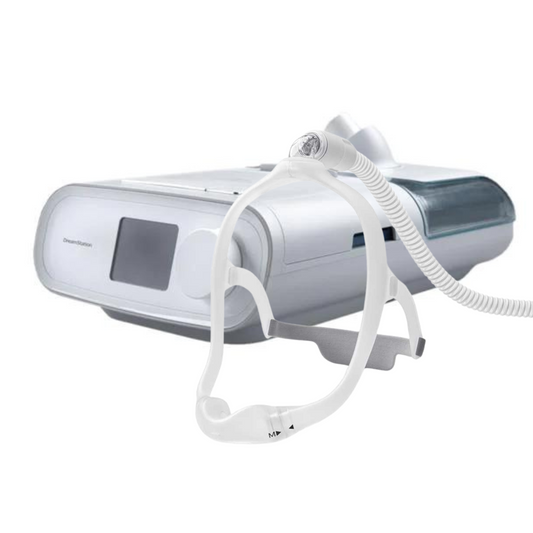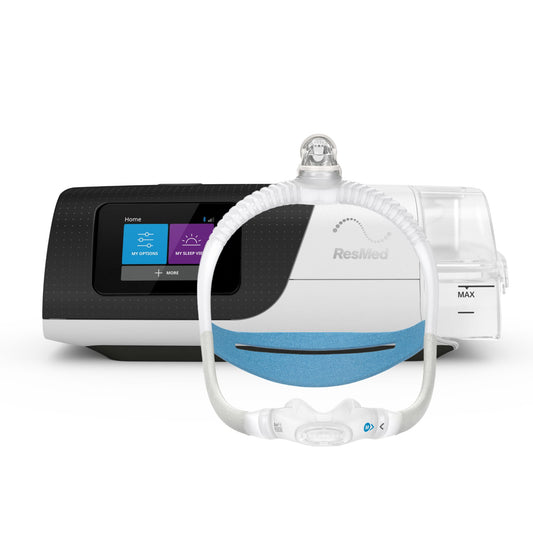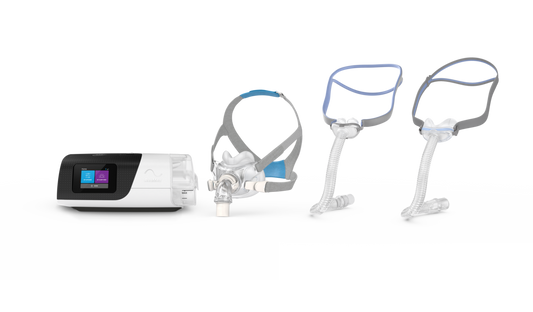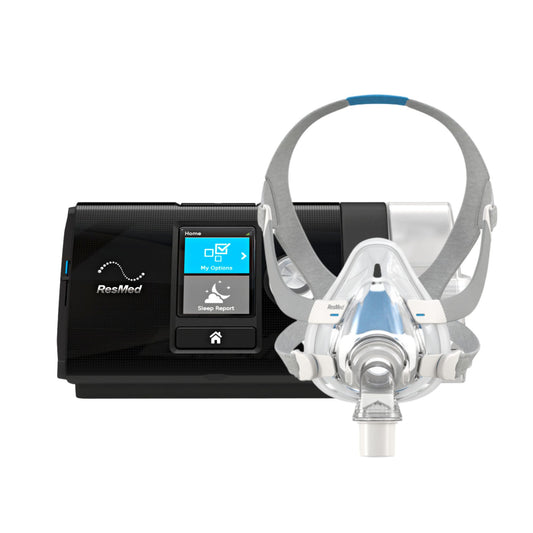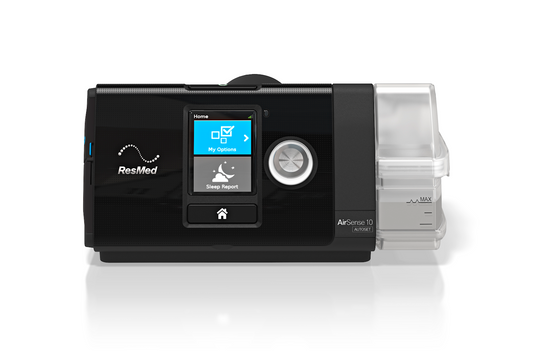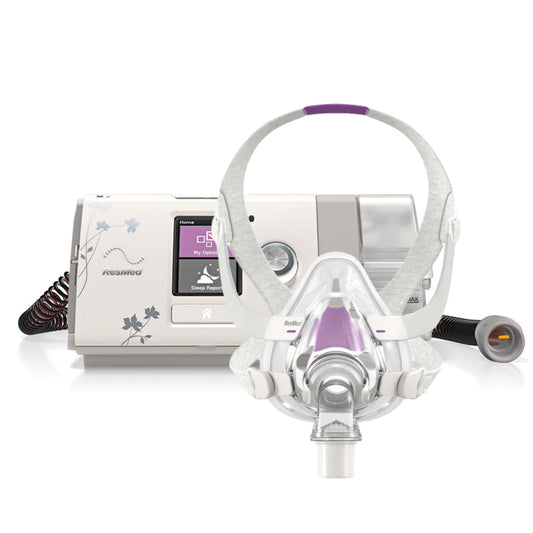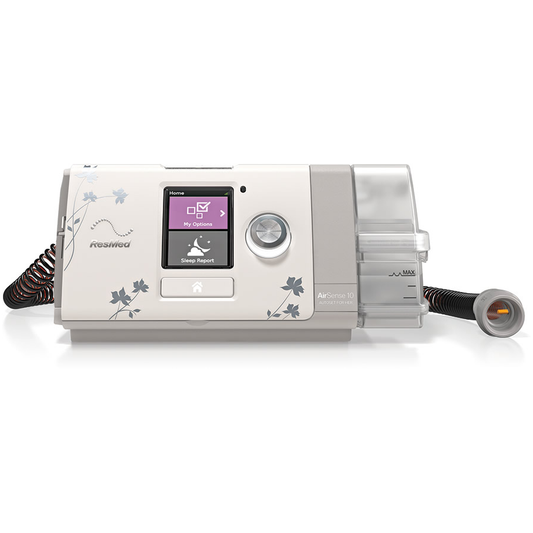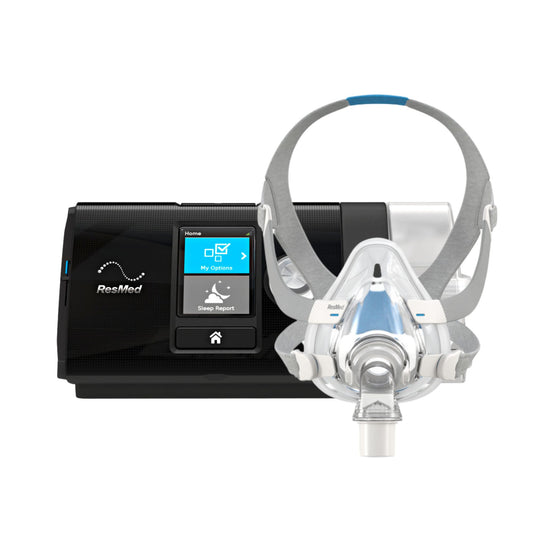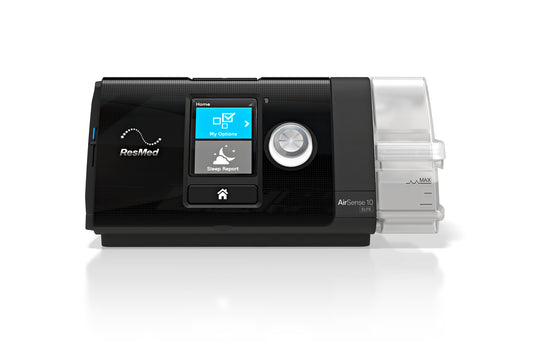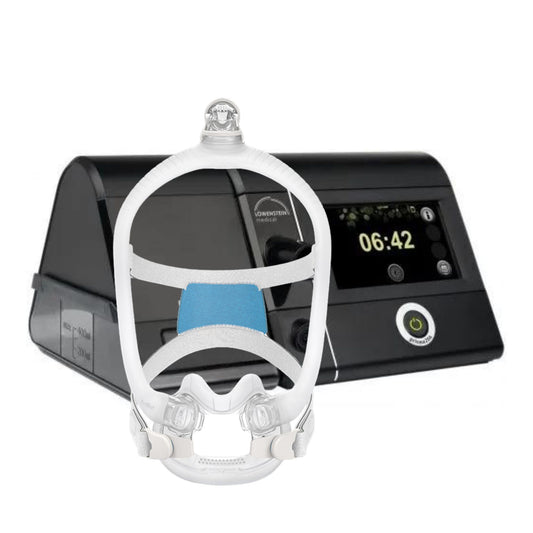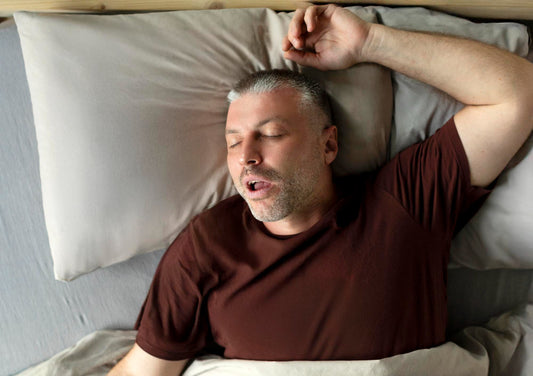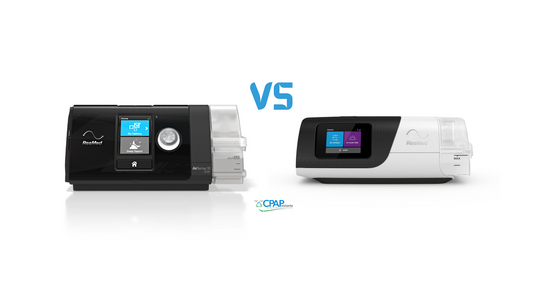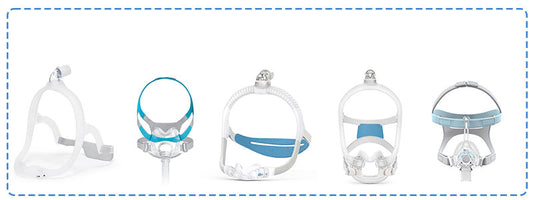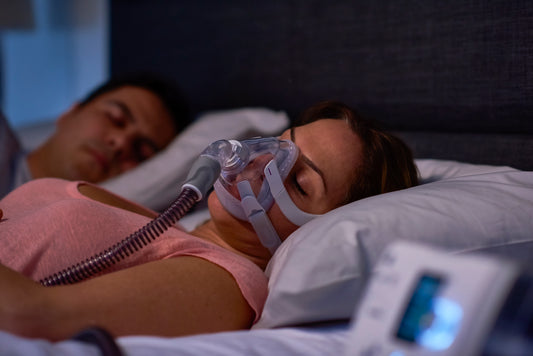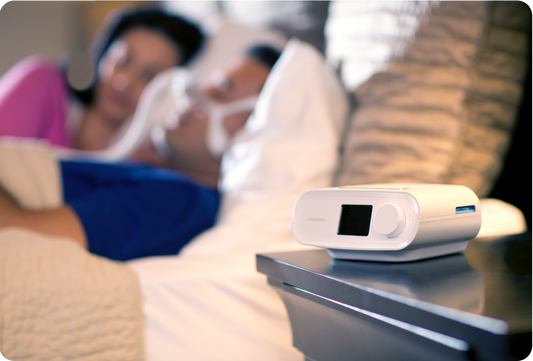Sleep apnoea is a growing concern not only in Australia but in other countries as well. Studies indicate that the sleep disorder is indissolubly linked obesity. Sleep apnoea not only causes a person to lose sleep but to cause him to eat more as well.
The relationship between sleep deprivation, satiety hormones, and hunger has been manifested in several independent studies. People with sleep apnoea tend to have high fasting blood sugar, elevated blood pressure and high cholesterol, made worse by the constant lack of sleep. Obesity may cause sleep apnoea which in turn may lead to dysfunctional eating, which may lead to gaining more weight that may aggravate blood sugar level, blood pressure and so on.
Prevalence of Obstructive Sleep Apnoe among Obese Persons
The prevalence of obstructive sleep apneoa (OSA) in obese and severely obese people is almost twice than those with normal weight. Patients with mild obstructive sleep apnoea who are 10% over their ideal weight are six times more at risk of advancing their sleep disorder. On the other hand, losing 10% of their excess weight may lead to a 20% improvement in the severity of their obstructive sleep apnoea.

New studies show that there is a 46% prevalence of obstructive sleep apnoea among obese children. This conclusion is further reinforced by the fact that there is obesity epidemic not only among children but among adolescents as well. Research shows that these young OSA patients are six times more likely to develop metabolic syndrome compared to children and adolescents without OSA. These data should encourage health authorities to develop screening and prevention for obesity and OSA early on for children.
Obesity May Worsen OSA
An overweight person has more visceral or belly fat and fat deposit in the upper airway tissues. This condition may result in the increased collapsibility of the upper airway and a smaller lumen, which could lead to sleep apnoea. Any fat deposit in the thorax may increase a person’s oxygen demand, diminish functional residual capacity and decrease chest compliance. However, the link between OSA and obesity is not that simple.
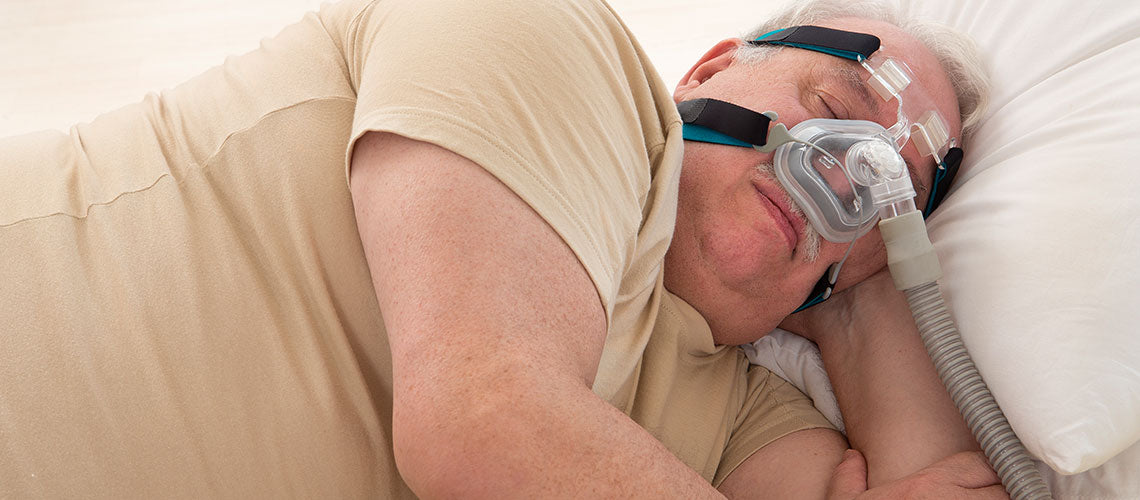
It may be true that obese people are predisposed to OSA, and that a significant weight loss may improve one’s OSA: But very recent research indicates that OSA itself may cause weight gain. Increased appetite and decrease in one’s physical activities will inevitably contribute to gaining weight for individuals with OSA. However, it is not yet clear whether a person predisposed to OSA gains more visceral fat.
As measured by CT scan of the abdominal area, CPAP treatment seems to reduce the amount of belly fat even with OSA patients who have not lost a significant amount of weight. In support of this observation, a randomized clinical trial indicated that weight loss in obese, OSA patients may be a significant therapeutic treatment. However, an important concern is that weight loss might not be sustained by concerned patients so that they gain back the weight and aggravate their OSA.
Conclusion
Though weight loss by OSA patients could help alleviate their condition, once they gain back the weight, their condition will worsen. CPAP therapy remains the best treatment for OSA.
Call us 1300 750 006

